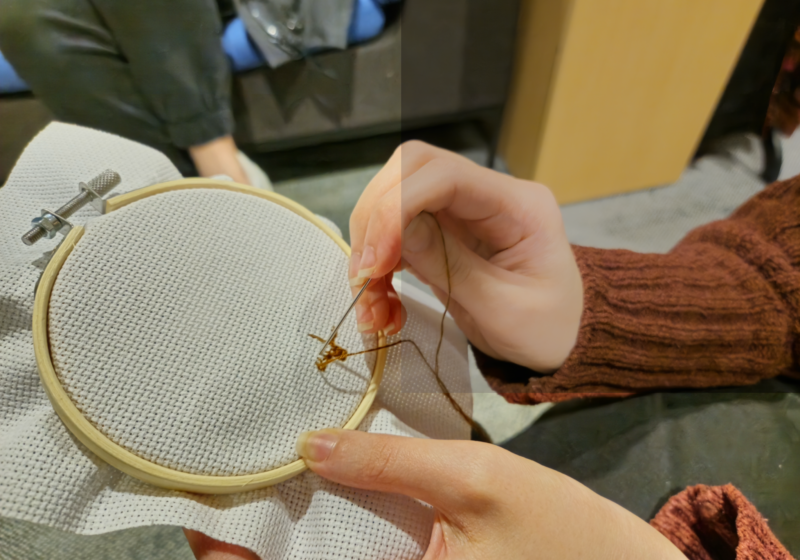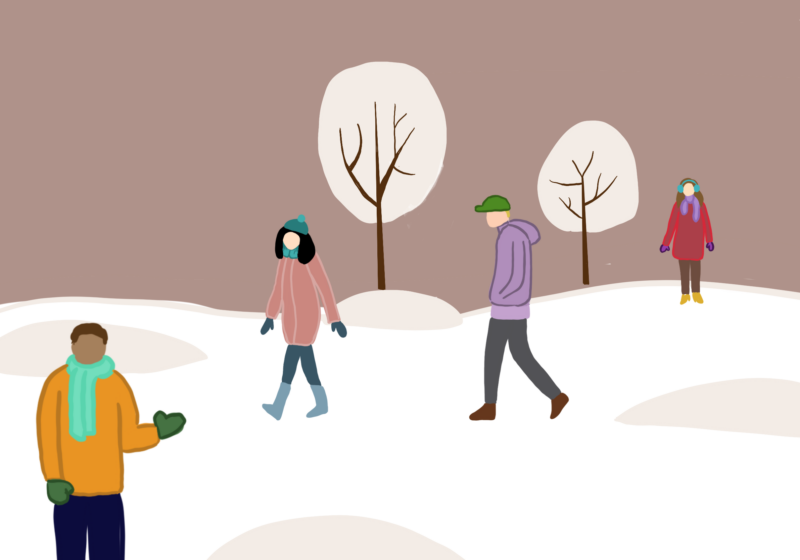The recent attacks in Paris and Beirut committed by the Islamic State (IS), also known as ISIL and ISIS, have brought some heartening things out of a lot of people. The outpouring of support for those who lost their lives and the brief sense of unification against unrestrained hatred and religious fanaticism were a wonderful reminder that humanity is capable of great things in times of great peril. But, it also brought out some of our worst qualities, and the qualities of humanity that divide us and engender distrust and distaste have been on full display for the last week or so. And, it all starts with Facebook.
By now, you’ve certainly seen the untold number of Facebook users who have chosen to overlay a picture of themselves with a half-transparent French flag in solidarity with the people of Paris. This has proven problematic for many.
“Slacktivism” is the word derogatorily applied by some to those who believe that changing their profile picture helps anyone in any way. The actions of the slacktivist, many contend, is akin to people sending “thoughts and prayers” after a natural disaster—the idea is nice, yes, but what have you actually done? This, I think, is a bit of an unfair argument. No, of course putting up a pixilated flag isn’t going to help anyone, much like putting up a real flag after 9/11 didn’t help anyone. But, that’s not really the point now, is it? Symbolic solidarity can be powerful, and its effect shouldn’t be diminished. Not to mention that the writers of those numerous columns reprimanding the slacktivists are doing just as little as the Facebook users they seem to so deplore.
The more interesting argument comes when we get more into content. Ask yourself—have you seen a single Lebanese flag pop up on your newsfeed? Would you even recognize the flag if it did? I don’t say that to shame anyone, but simply to point out that there’s something off here. Why have we seemed to fixate on French people as worthy of public mourning and recipients of solidarity, but not the Lebanese?
There are several arguments here. The first and least convincing is that our “shared values” with the French necessitate that we focus more on their losses, and that it’s simply logical that Americans would empathize more with a locale they may have actually visited. While that second part is true to a degree, the first is deeply troubling—after all, were the innocent civilians killed in Beirut any less human than those in France? Obviously not, and the fixation on just one of those groups is confusing.
Others have argued that news media is to blame—that the collective mainstream media of the entire world chose to focus on Paris rather than on Beirut due to the shock factor of normally safe white people being injured. Mainstream media does indeed have a long history of using white fear as its main means of content creation, but that’s not the whole story here. Many have pointed to the lack of coverage of Beirut as proof of the racism and the cynical sensationalism of the media, and many have decried the silence on, say, the attack at Garissa University in Kenya that left almost 150 dead. However, I’d hesitate to blame the media for lack of public outrage—the Kenyan attack, for example, took place seven months ago. Many post articles about it as if it happened last week, seemingly not noticing the date next to the title of the articles. It’s a problem that the shared value argument doesn’t come up for all human tragedies, but ultimately, when it comes to being outraged, you have the final decision, not the media. Let’s not totally absolve ourselves of any wrongdoing here.
Finally, there’s the white supremacy argument, which posits that by identifying with France and not Beirut/Kenya/Nigeria (the site of a terror attack on Tuesday, Nov. 17), you’re implicitly supporting a Eurocentric view of the world that values whiteness above all else. Interesting, yes; related to neocolonialism, most likely. However, when I see an article as abrasively and presumptively titled as “Got a French flag on your Facebook profile picture? Congratulations on your corporate white supremacy” (in The Independent), I hesitate to put stock into what’s being argued. So, the answer to the mystery of the missing flag is multifaceted and amorphous, depending on who’s being asked and who’s doing the asking. Nothing is clear.
Here’s what is clear after this weekend: IS is extremely good at what they do. Their attacks came in a presumed-safe place that make the 9/11 comparisons far less ridiculous than you might think, and they came in a place where few people seem to care if they occurred or not (Beirut); have made the war on IS into one of ideology and religion, instead of one that unites countries against a rogue terrorist group, which, again, fuels their ideology and fervor; and have made the path for immigrants to escape IS even more difficult. The predictable right-wing response to seeing terrorists who kind of look like the refugees has led to the decision to prevent refugees from coming into this country. Their continued mastery of social media continues to help them reach disaffected, lonely people who are desparate for something, anything. It helps them to reach out to people and ask them to become a part of something larger than themselves. It all helps create a self-fulfilling prophecy of Islamophobia, which fuels IS’s ideology of “us against the world.” IS hasn’t just inflicted damage on us; it’s causing us to inflict damage on each other.
Ultimately, it’s going to take far more than military power and international cooperation to defeat IS. There needs to be a de-escalation of the idea that this is an ideological war. There’s an oft-circulated video of writer Reza Aslan making this point quite well on CNN. Aslan warns against painting all 1.5 billion Muslims in the world with the brush of extremism and instead asks us to focus on these problems as Syrian problems, Iraqi problems or Lebanese problems. That way, we can examine these conflicts as they are and recognize our own blunders in our involvement, instead of claiming Judeo-Christian authority that absolves us of wrongdoing. I don’t mean to make a claim that changing the way we talk will be the weapon that defeats IS, because, like it or not, it’s going to take guns and bombs to do that. But, it’s surely going to put us on the right track toward worldwide cooperation and understanding, the only way to root out a terrorist group. Stopping IS should be a unifying issue; but, instead, it’s only dividing us. We need to unite against IS.
Right now, IS is getting exactly what they want—American governors are refusing Syrian Muslim refugees, helping to create the next generation of American hatred. We’ve seen that happen before, and we can’t afford to see that again. We need to break the cycle.


